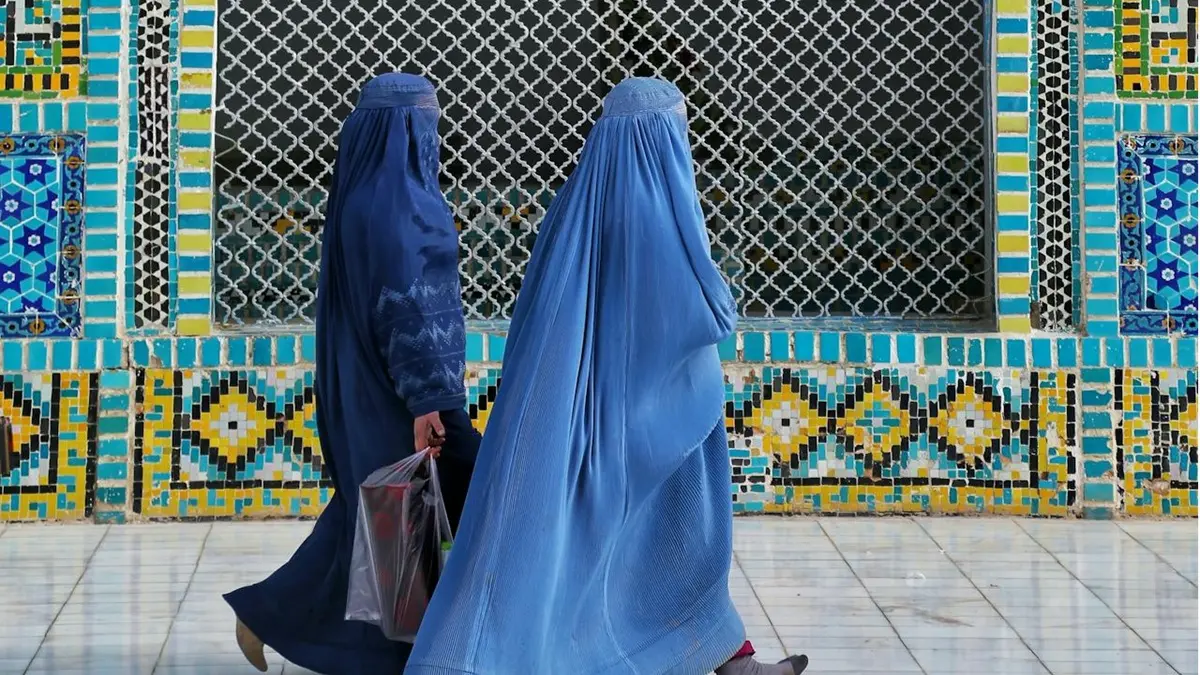
The Netherlands has implemented a ban on the use of burqas in all public places, including schools, public transport, and hospitals.
The Dutch government has justified this decision by describing burqas as a threat to national security. This new regulation has sparked a heated debate among citizens and human rights organizations.
Government’s Stance on National Security
The Dutch government has taken a firm stance on the issue, citing national security concerns as the primary reason for the ban.
“The burqa poses a threat to our national security,” stated a government spokesperson. “It is essential for the safety of our citizens that we can identify individuals in public spaces.”
Public Reaction and Human Rights Concerns
The implementation of the burqa ban has led to mixed reactions from the public. While some citizens support the government’s decision, others view it as an infringement on personal freedoms and religious rights. Human rights organizations have been vocal in their opposition to the ban.
“This law discriminates against Muslim women and violates their right to religious expression,” said a representative from Amnesty International.
The Netherlands has banned the use of burqas in all public places, including schools, public transport, and hospitals.
Anyone who violate the burqa ban can face fines and even arrest.
The Dutch government described burqas as a threat to national security!
🇳🇱 pic.twitter.com/ZONDOj3t6o
— Dr. Maalouf (@realMaalouf) December 30, 2024
Impact on Daily Life
The ban has significant implications for Muslim women who wear burqas. They are now faced with the challenge of navigating public spaces without their traditional attire.
“I feel like my identity is being stripped away,” said one affected woman. “It’s not just about clothing; it’s about my faith and my right to express it.”
Other Countries with Burqa Bans
The Netherlands is not alone in implementing a burqa ban. Several other countries have also enacted similar laws. These countries include France, Belgium, Austria, Denmark, Bulgaria, Switzerland, and Sri Lanka.
Each of these countries has cited various reasons for the ban, ranging from national security concerns to promoting social integration and gender equality.

